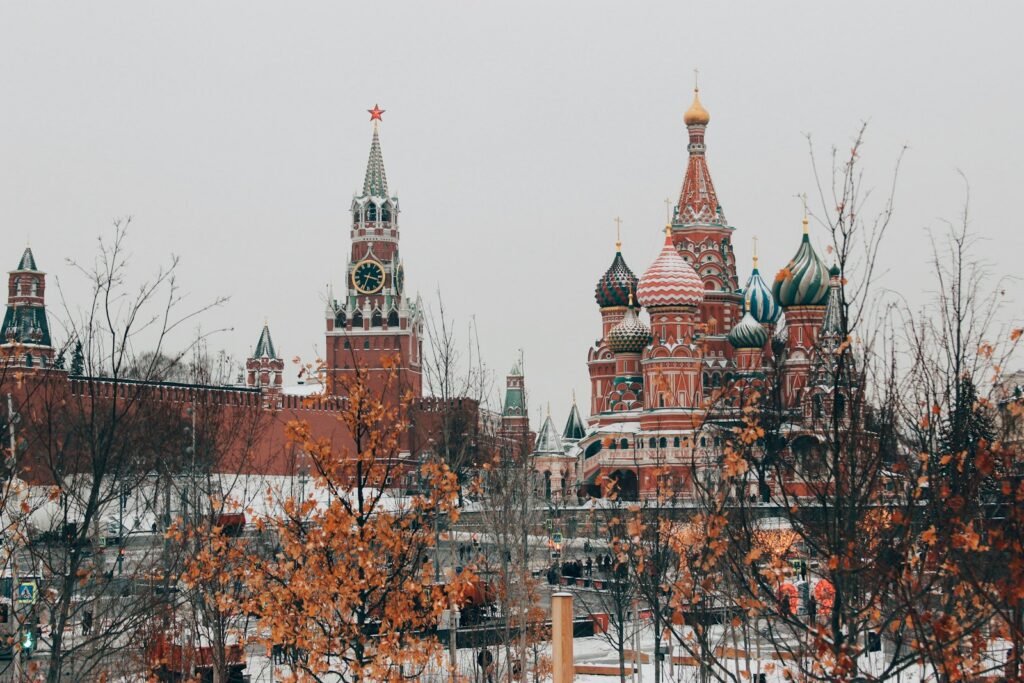
The Kremlin has announced a significant financial measure, approving a draft bill to impose a one-time windfall tax on large Russian companies and their oligarch owners. This move, detailed in a Tuesday announcement by the country’s finance ministry, underscores the growing financial pressures on Russia stemming from its ongoing conflict in Ukraine.
This new levy targets companies that have annually generated more than 1 billion rubles, equivalent to approximately $11.9 million, in profits since 2021. The objective is to bolster state coffers, which have faced considerable strain due to the prolonged military engagement and its broader economic ramifications.
Andrei Belousov, the first deputy prime minister, indicated in an interview with RBC TV, as reported by Interfax on Tuesday, that this tax could collectively generate about 300 billion rubles, or approximately $3.6 billion, in revenue. The expectation is that these funds will be directed towards social spending, although the finance ministry’s announcement did not provide further specifics on the allocation.
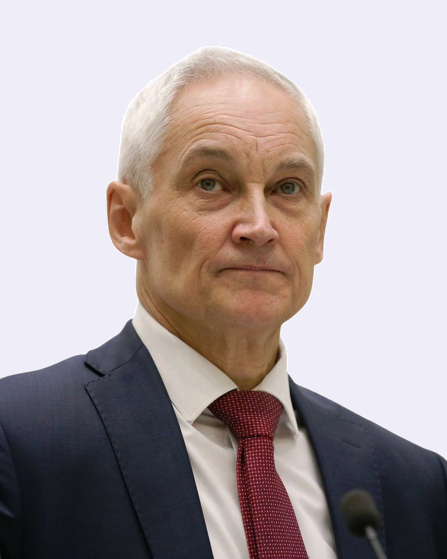
Remarkably, Belousov informed RBC that the proposal for these taxes originated from the companies themselves. He stated, “They understand that they had huge windfall profits for 2021 and 2022, simply massive, bigger than the budget.”
Belousov further articulated his perspective on these business leaders, noting, “Many of them are true patriots, no matter what people say about them. They identify very closely with the country.” This suggests a degree of cooperation or acknowledgment of shared responsibility from the corporate sector in addressing the nation’s financial needs.
While the specific companies to be affected by the tax were not named in the official announcement, analysts have offered insights. Experts speaking to the Financial Times suggested that Russia’s fertilizer and metals sectors are likely candidates for this new imposition.
Despite the array of sanctions and boycotts imposed by numerous Western nations and their allies against Russian energy, Russia maintains its position as a crucial commodity exporter. The country’s strong presence in agriculture and various industrial raw materials continues to benefit companies operating within these sectors, highlighting their capacity for substantial profits.
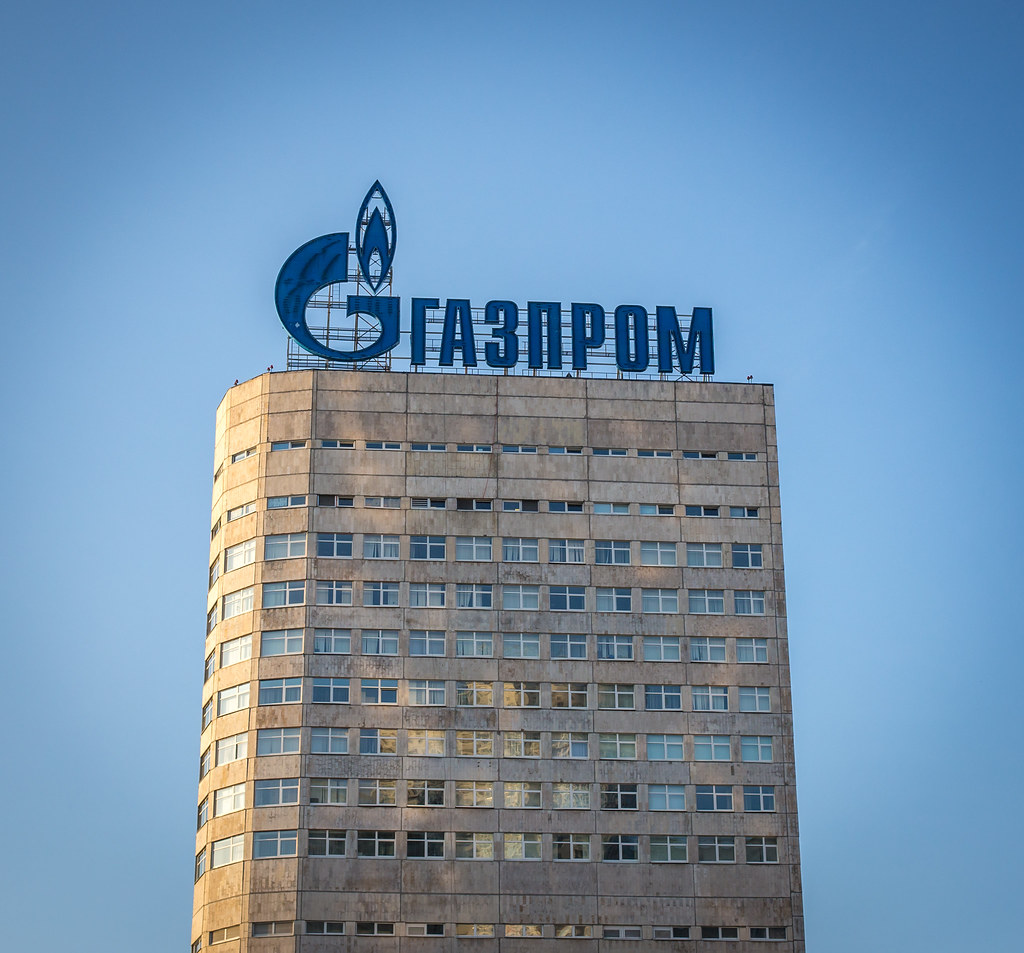
Timur Nigmatullin, an analyst at the Russian investment company Finam, conveyed to the Financial Times his anticipation that information surrounding these windfall taxes would be “opaque.” This perceived lack of transparency is expected to mitigate the likelihood of these affected companies facing additional international sanctions.
This is not Russia’s inaugural application of windfall taxes to support its military endeavors in Ukraine. Last year, a similar tax was imposed on the energy behemoth Gazprom. This prior levy followed a period where natural gas prices surged to multiyear highs in the aftermath of Russia’s invasion of Ukraine.
Gazprom recorded record profits during the first half of 2022, benefiting from elevated energy prices. However, the subsequent tax hike implemented by the Kremlin in the latter half of the year led to a significant downturn, with full-year net profits declining by 40% year-on-year.
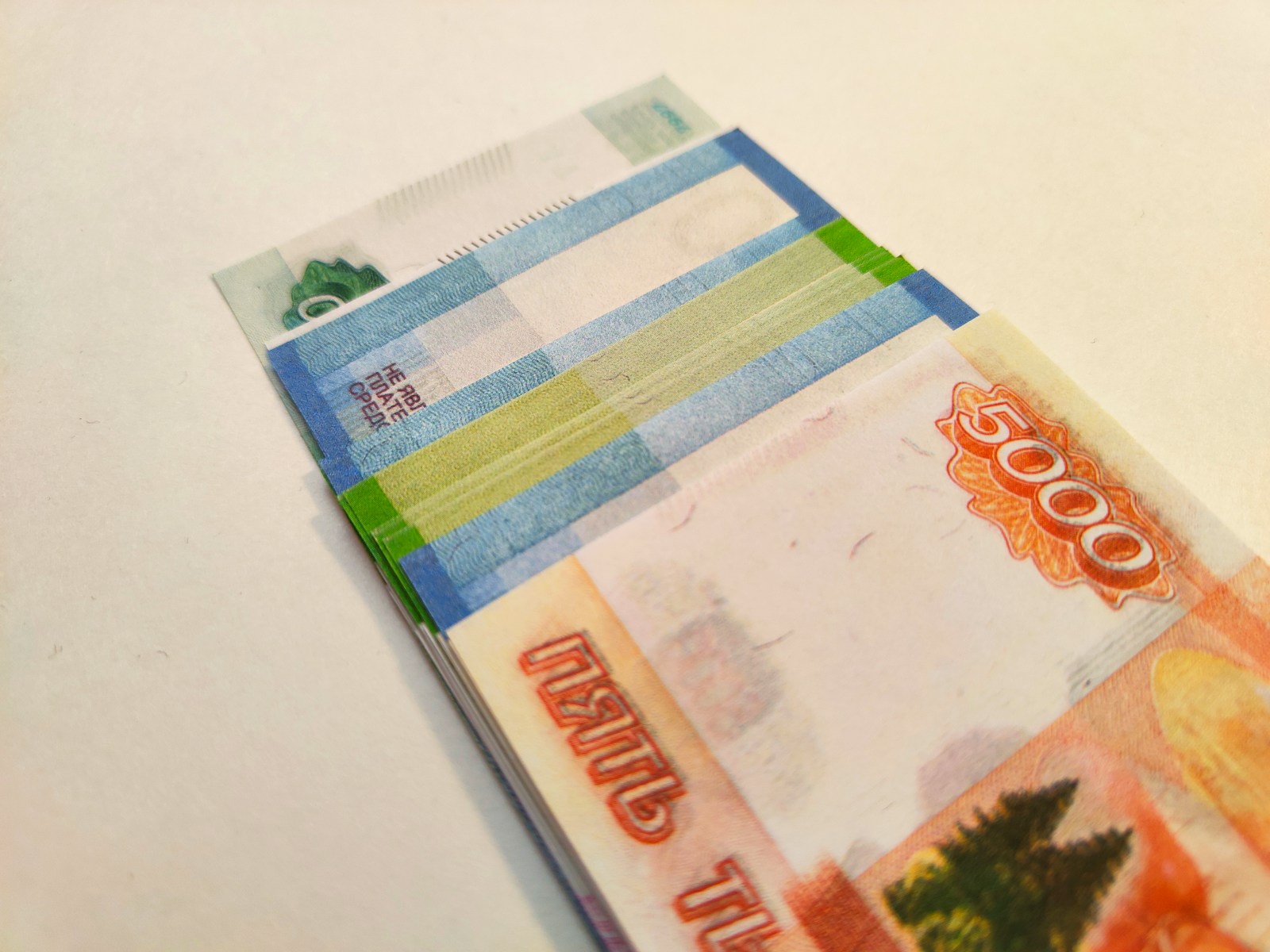
The current global energy market presents a different landscape. Energy prices have since receded to pre-war levels, primarily influenced by burgeoning recession fears across major economies. This shift further underscores the challenges Russia faces in maintaining its revenue streams.
Russia’s energy revenues have been substantially impacted by extensive restrictions placed on its exports. A notable measure was the European Union’s ban on Russian crude oil, which commenced on December 5, directly affecting a major customer base for Russian energy.
This confluence of factors has significantly altered Russia’s fiscal standing. In the first quarter of 2023, Russia reported a deficit of almost 2.4 trillion rubles, marking a stark reversal from the surplus exceeding 1 trillion rubles recorded in the first quarter of 2022.
Furthermore, data released by Russia’s finance ministry on April 7 revealed a substantial 45% decline in quarterly energy revenues, which fell to 1.64 trillion rubles. This sharp decrease highlights the direct economic consequences of global market shifts and international sanctions on the Russian state budget.
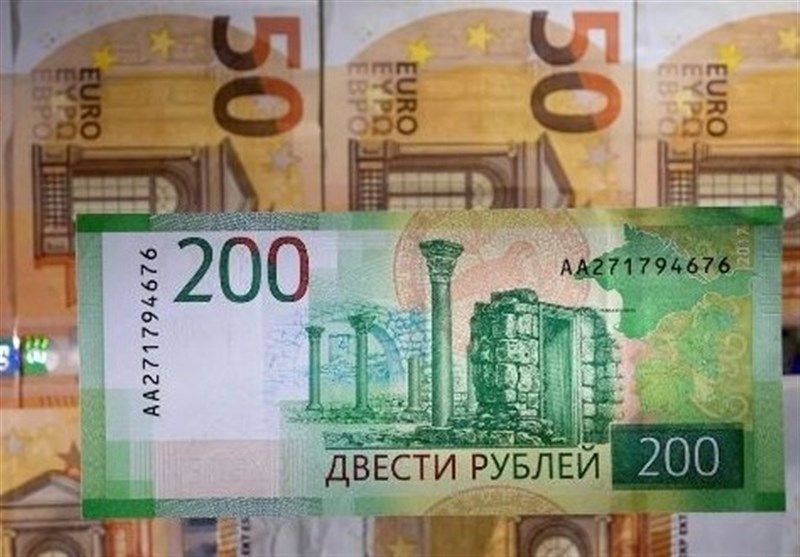
Beyond the direct financial pressures on state revenues, the ruble’s performance against the US dollar has also reflected the economic strain. The Russian currency has depreciated by 34% against the US dollar since its peak just over a year ago.
Specifically, 100 units of the ruble, which could purchase $1.85 at the height of Russia’s exploitation of surging energy export prices last June, now yield only $1.21. This significant devaluation affects the purchasing power of the Russian economy and contributes to inflationary pressures.
The broader context of this windfall tax is further illuminated by an inquiry published on Monday, July 31, by Proekt, an independent investigative website. The investigation focused on Russia’s wealthiest individuals, drawing from Forbes’ 2021 ranking of the country’s 200 richest people.
According to Proekt’s findings, at least 81 names on this list, constituting almost half of Russia’s wealthiest, are demonstrably involved in Russia’s invasion of Ukraine. Their companies are reported to supply essential components, equipment, or fuel either directly to the Russian armed forces or to arms manufacturing facilities.
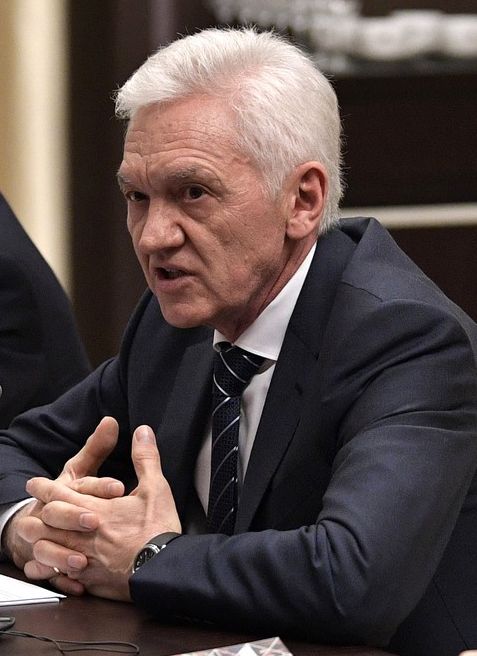
Among those identified as profiting from the war, particularly through their personal connections with Vladimir Putin, are prominent figures such as Gennady Timchenko, associated with Novatek and Sibur. The brothers Arkady and Boris Rotenberg, along with Yuri Kovalchuk of Bank Rossia, are also cited.
Additionally, the investigation named several influential oligarchs who amassed their wealth in the 1990s, prior to Putin’s rise to power, as benefiting from the conflict. These include Alexey Mordashov of Severstal, Vladimir Potanin of Nornickel, Vagit Alekperov of Lukoil, Alisher Usmanov of USM, and Vladimir Yevtushenkov of AFK Sistema, alongside Oleg Deripaska of Rusal.
Roman Abramovich’s Evraz mining group was specifically mentioned for supplying raw materials critical for tank factories and chemicals used in the production of explosives and missiles. This highlights the direct contribution of some oligarchs’ business enterprises to the military effort.
At the onset of the conflict, Abramovich notably chose not to attend the meeting convened by the Kremlin head for major Russian businessmen. Instead, he sought to position himself as an “intermediary” in discussions aimed at finding a “peaceful solution” between Kyiv and Moscow.
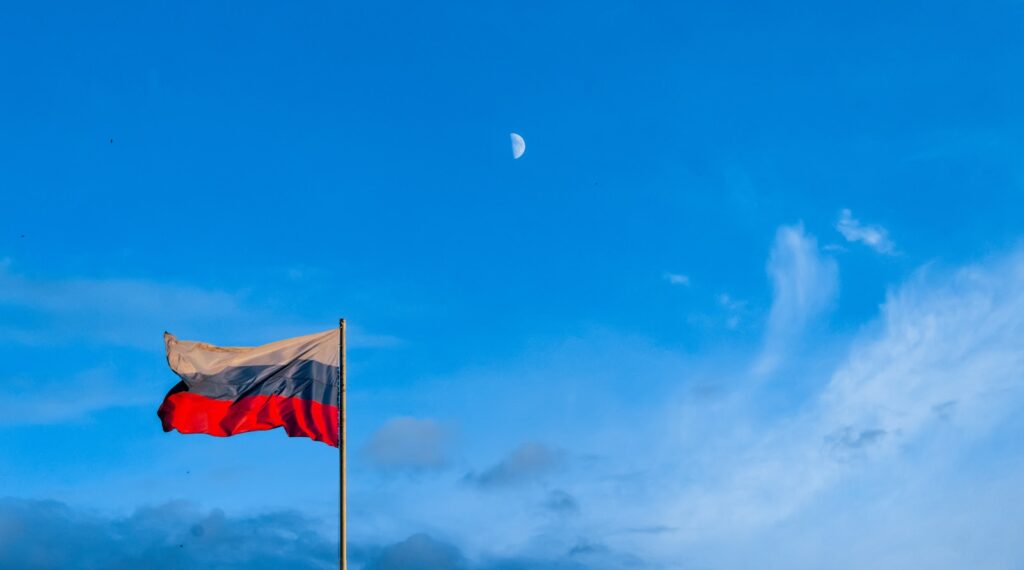
However, this diplomatic initiative, which quickly faltered, ultimately did not achieve Abramovich’s primary objective of evading European and American sanctions. The details from the Proekt investigation serve to underscore the extensive entanglement of Russia’s economic elite with the ongoing conflict, providing a backdrop to the Kremlin’s decision to levy this new windfall tax.
This new one-time windfall tax represents a direct response by the Kremlin to the substantial financial drain imposed by the war in Ukraine. It reflects a strategic effort to consolidate resources from the nation’s most profitable large companies and their influential owners.
As Russia navigates a period marked by significant deficits, declining energy revenues, and a depreciating currency, the imposition of this tax signals a concerted effort to stabilize its fiscal position. The measure underscores the economic pressures that continue to shape Russia’s policy decisions amidst ongoing global scrutiny and sanctions.
The move also highlights the complex relationship between the Kremlin and Russia’s corporate elite. While framed as a patriotic contribution, the tax fundamentally serves to mitigate the financial consequences of a conflict that has demonstrably impacted the state’s budget and external economic standing. The unfolding economic landscape will determine the full impact and effectiveness of these latest fiscal maneuvers.



